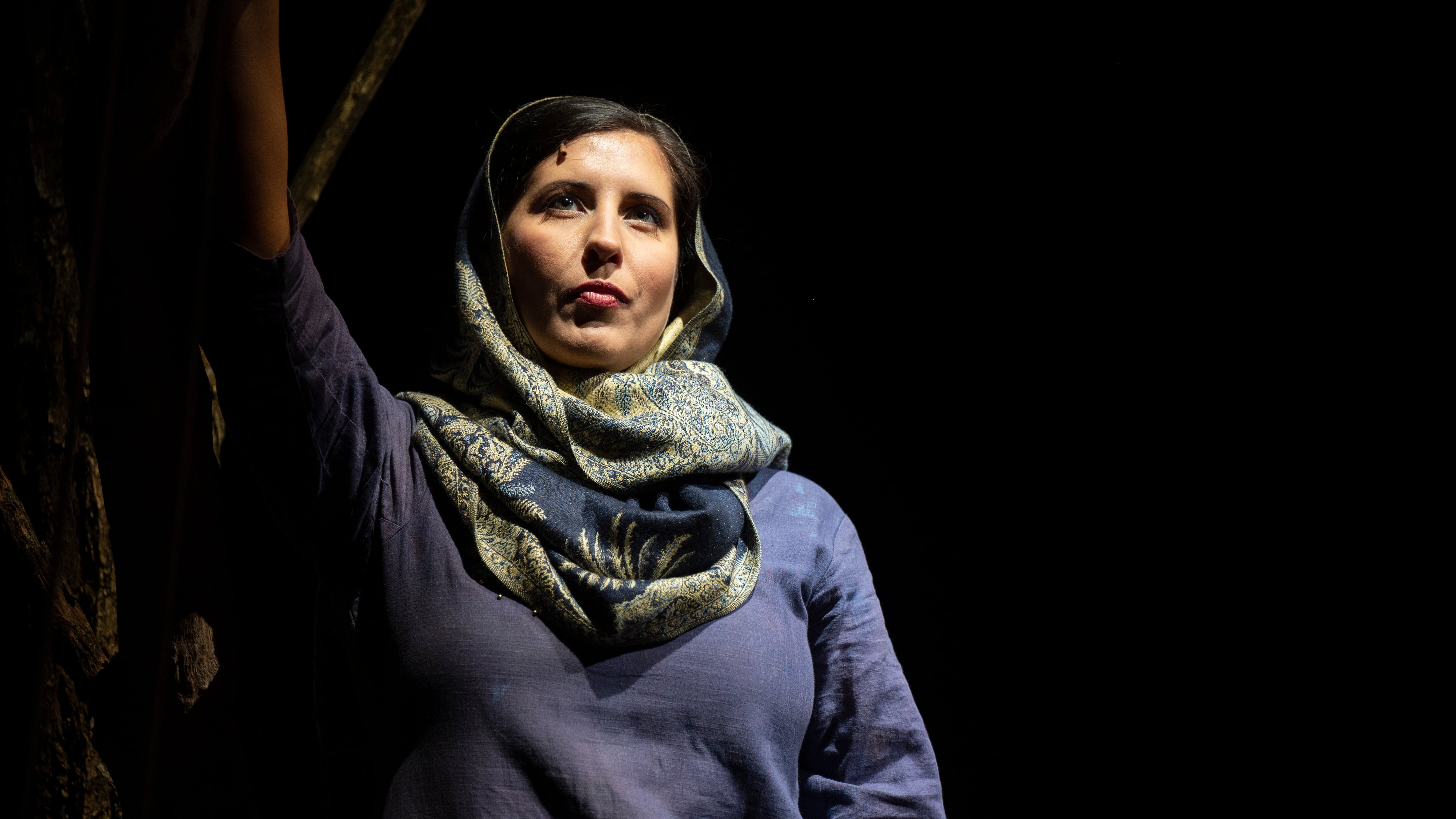Portland Opera has never shied from staging new works alongside operas from the more established canon. The arts organization was home to the world premiere of Bernard Herrmann’s Wuthering Heights in 1982 and staged the first West Coast performances of Philip Glass’ Galileo Galilei in 2012.
But embracing operas by living composers feels more imperative than ever. The pandemic ripped through Portland Opera, causing a huge dip in ticket sales. The company was forced to lay off staff and has reduced the number of productions it undertakes by half—from its usual six big productions per season down to three.
Staging new work, however, could be a saving grace. As The New York Times reported, the usually stodgy Metropolitan Opera saw sellout crowds for its presentations of Terence Blanchard’s Fire Shut Up in My Bones and Kevin Puts’ The Hours while Verdi’s Don Carlo filled up only about 40% of the opera house. Portland Opera is heeding this shift in the cultural winds with its second production of the 2022-23 season, Thumbprint, a contemporary work based on a piece of recent history that feels damningly reflective of current events.
Composed by Kamala Sankaram with a libretto by novelist Susan Yankowitz, the opera is a dramatic retelling of the story of Mukhtar Mai, a Pakistani woman who, in 2002, was gang raped as a kind of authorized revenge for an alleged affair her brother was having. It was expected that Mukhtar would take her own life as a result of the stigma she carried.
Instead, she took her attackers to court, where they were sentenced to death (though later acquitted of the crime), and used the incident as a platform to advocate for the education of girls in her country. The title of the opera comes from the hope that when these young women are old enough to vote, they can do so by signing their names rather than marking their ballots with a thumbprint.
“There is something extremely exceptional in Mukhtar’s story, yet there’s a familiarity to it, as well,” says Omer Ben Seadia, the theater vet who will direct Portland Opera’s production of Thumbprint. “There is something about the state of the world, and the state of women in the world, that her story, at first, felt like something we’ve known or heard of before. But the end result of it is so spectacular. That’s what makes this story specifically worth telling and retelling.”
Since its 2014 debut, Thumbprint has served to break some important barriers within the slow-to-change opera community. Productions of the work, including Portland Opera’s forthcoming staging, have featured a cast made up entirely of singers of South Asian descent. And the music helps open up the possibilities of modern opera by blending modes of traditional European classical with the sounds and instruments from Hindustani culture (harmonium, tabla).
That combination, says Maria Badstue, the Indian-born artist who will conduct Thumbprint here in Portland, “seems simple. The harmonics are not that complicated. But the rhythmical patterns—the musicians have to clap at some points—that can be very difficult. It would be a mess in any European orchestra, for sure, but also great fun. I’m really looking forward to experimenting with that.”
Another challenge will be the profound emotions Thumbprint will surely stir up within the people bringing this production to the stage. Badstue admits to getting “very affected” when she reads through the score and the libretto. So much so that she has been preparing for the same to happen to the singers and musicians once rehearsals get underway.
“Being in that story is hard because we can’t distance ourselves from it,” Badstue says. “It’s not a drama from 200 years ago. It’s actually now. I feel it already without music and without the singers. That’s also why I want to do it. It’s not a happy story [and it] begins from a very, very sad starting point. But in the end, it’s one that is built on hope.”
SEE IT: Thumbprint plays at the Newmark Theatre, 1111 SW Broadway, 503-241-1802, portlandopera.org. 7:30 pm March 18, 22 and 24; 2 pm March 26. $35.

